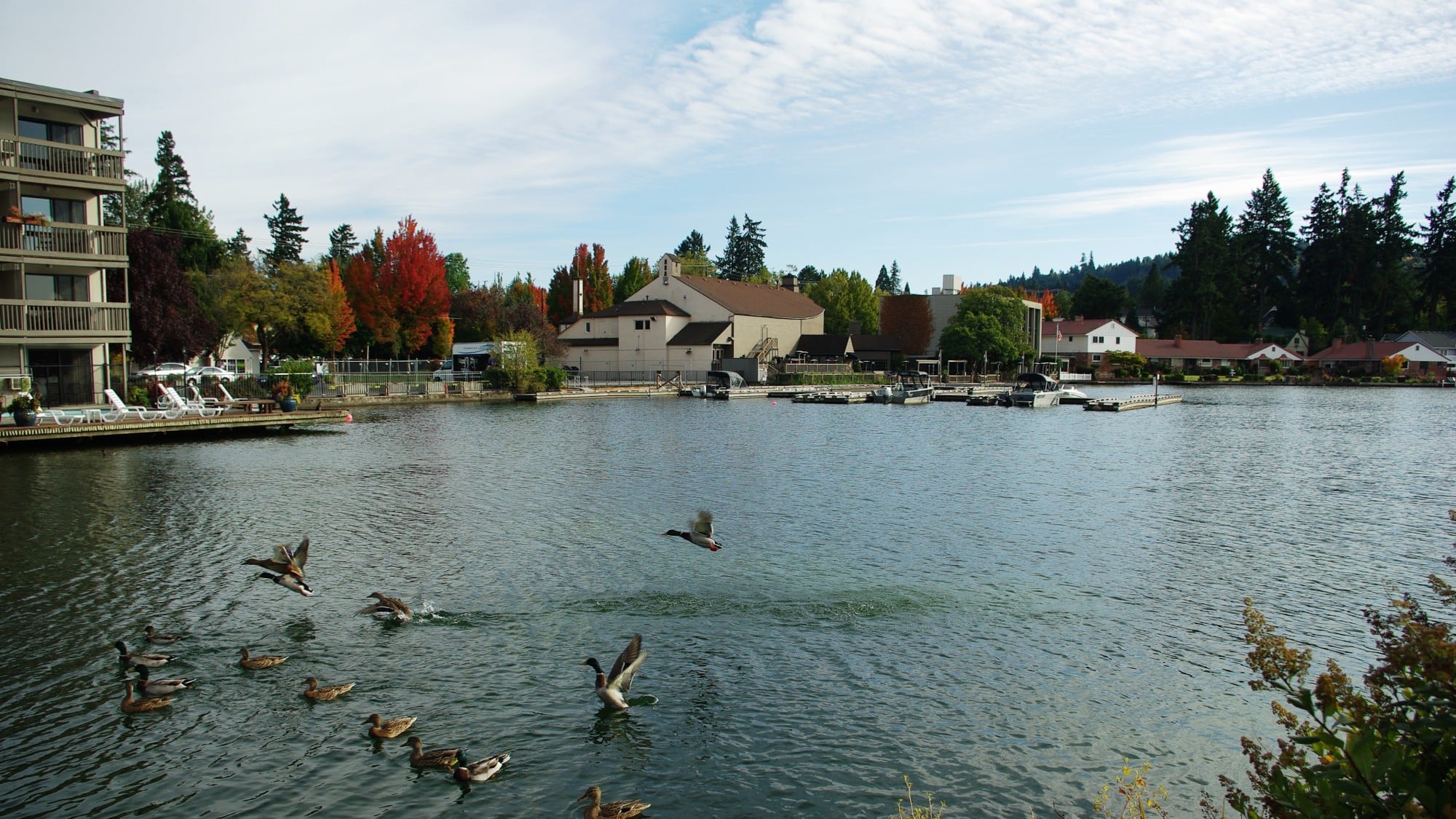The fight over public access to water in Lake Oswego will go to the Oregon Supreme Court.
As we wrote in 2012, the City of Lake Oswego has taken "extraordinary steps to prevent the public from using a public park to access a public lake."
The lakebed and most of the property surrounding Oswego Lake—a public waterway formed by a pool in the Tualatin river—is owned by a private homeowners group called the Lake Oswego Corp. The Corporation has lobbied hard to keep outsiders off the lake, perpetuating the myth that Oswego Lake is a "private lake."
It isn't, and it never was.
But after a 2012 WW story in which we demonstrated it was perfectly legal to use public park stairs to access the lake, Lake Oswego instated an ordinance making it illegal to access public water from public property.
This move riled up Lake Oswegian Todd Prager and Lewis and Clark professor Michael Blumm, enough that the pair moved to file suit against the City of Lake Oswego, among other defendants. That suit was first dismissed by the county, and in 2014 that dismissal was upheld by an appeals court. In June, WW documented the pair's continuing attempts to get the case heard by the state Supreme Court.
"People who live near these public access points are pushing to have them closed down so they can have them to themselves and not have to deal with the riffraff," Prager told us in June.
Well, it turns out they'll get their day in court, as The Oregonian first reported today. The Oregon Supreme Court announced they will hear the case to decide whether the city is able to use park policy to block access to public waterways.
In June, Prager and Blumm said that the case isn't just about the 415-acre Oswego Lake. It may have far-reaching consequences in a state that preserves the public's access to public waterways—with one of the starkest cautionary tales being California, where theoretically public beaches have been carved up by private landowners and policed by security guards. (California passed a law in 2015 to make such practices easier to police, and this year once-inaccessible "Billionaire's Beach" was opened to the public via a walkway.)
"The people who live on the lake are Oregonians, too," says Prager. "To imperil access to Cannon Beach or the Willamette River—opening up privatization across the state, is, I think, a foolish idea that the city is fighting for just in this one case."

